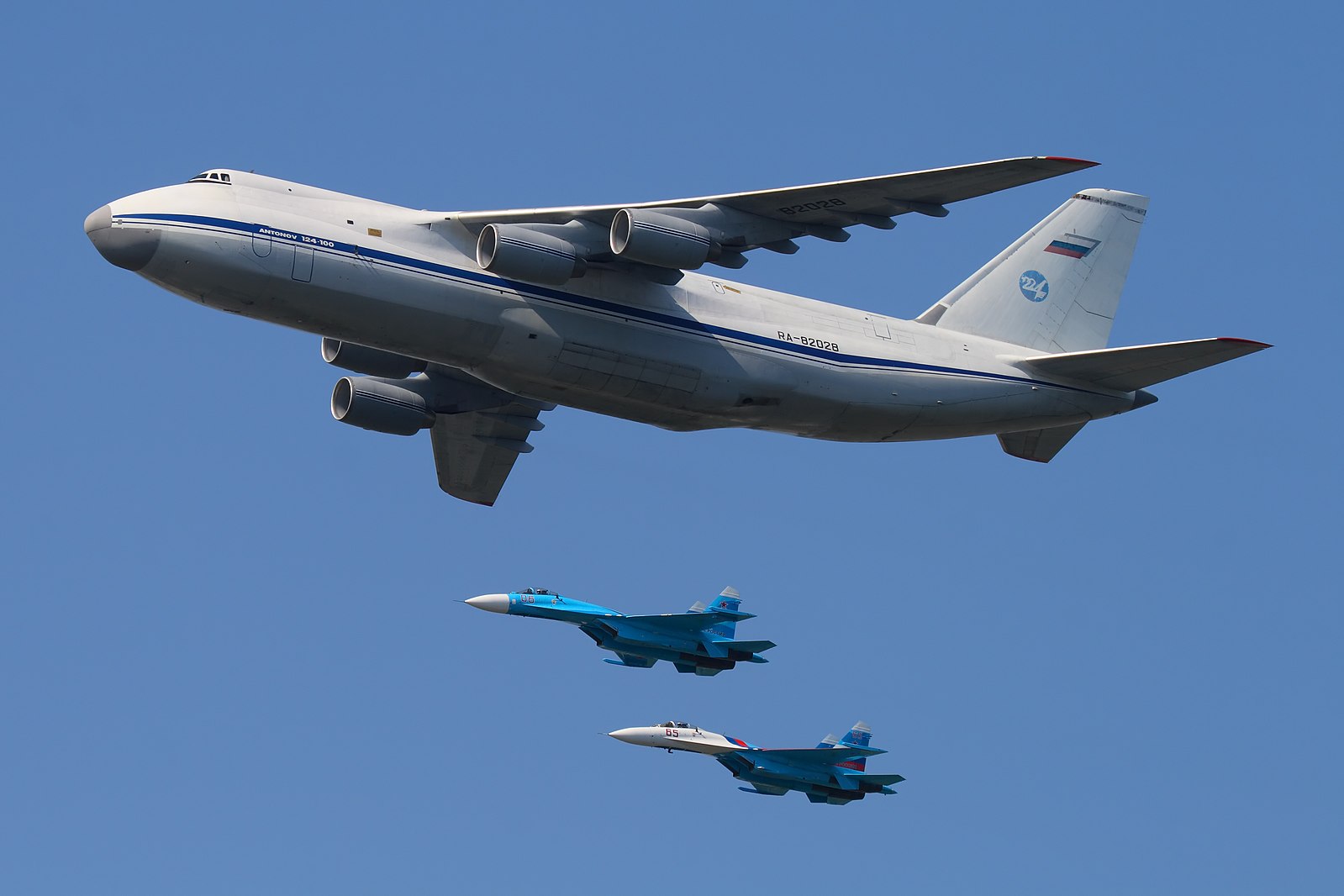
World

The Dying Promise of Consensus in Chile
Millions of Chileans, though dissatisfied with the status quo, no longer feel represented by the future they are being promised.

The Final Countdown: The Race to Protect Earth’s Last Unexplored Environment
The countdown to save earth’s final frontier has begun. The United Nations International Seabed Authority (ISA), an autonomous group of 167 member states which manages international seabed exploration and extraction, is currently meeting in Kingston, Jamaica to decide on watershed…
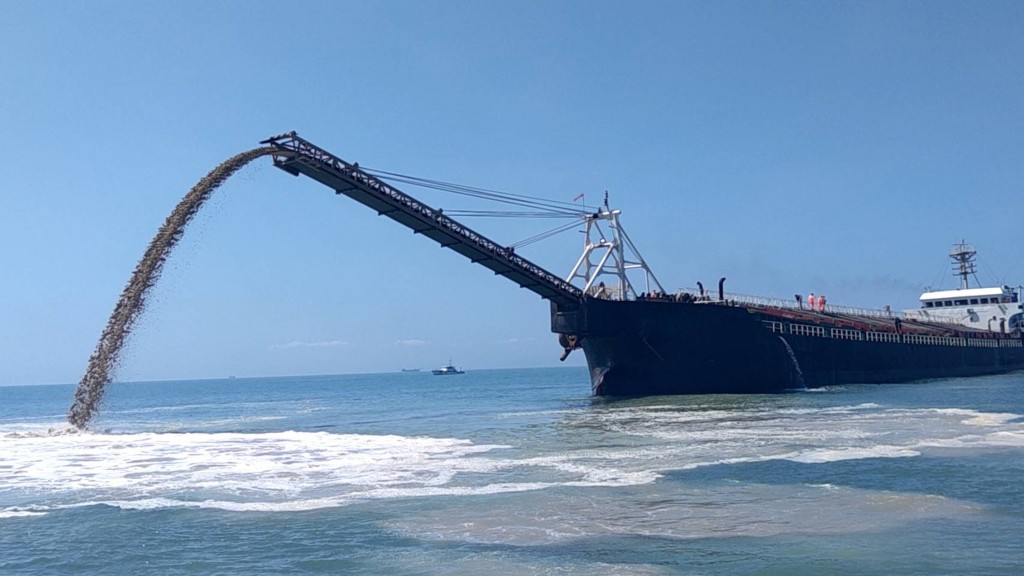
China’s Exhausting Environmental Militancy Against Taiwan
One of China’s primary environmental aggressions toward Taiwan comes in the form of pillaging a precious—but easily plunderable—natural resource. The resource is sand, which is unexpectedly the world’s second most used resource. As one of the primary materials used to…
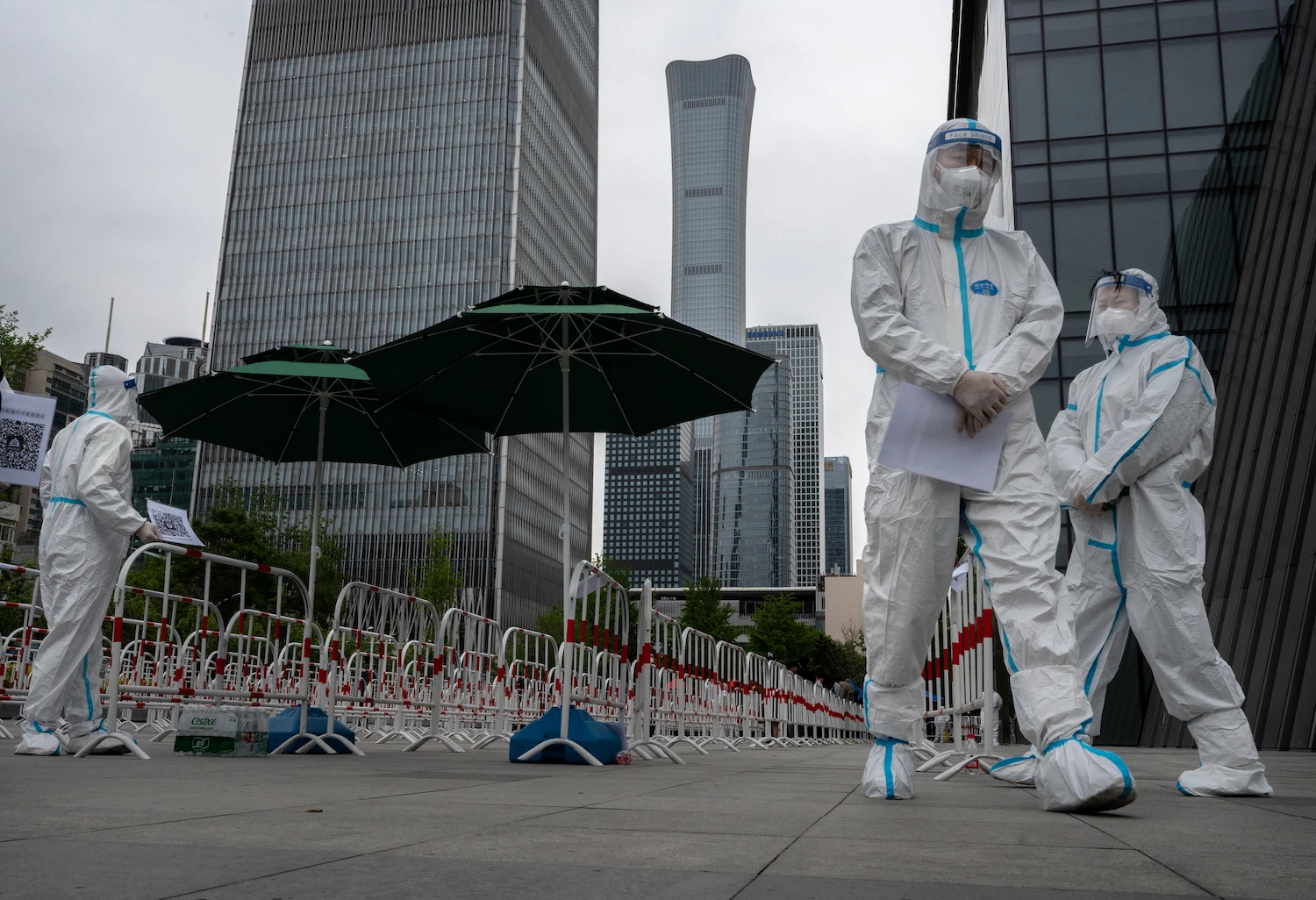
The Stakes of China’s Covid Policy
Between early April and June 1, life in Shanghai – China’s financial hub and a city home to 25 million people – came to a halt. Streets emptied from their usual constant bustle, shops and restaurants shut their doors, and…
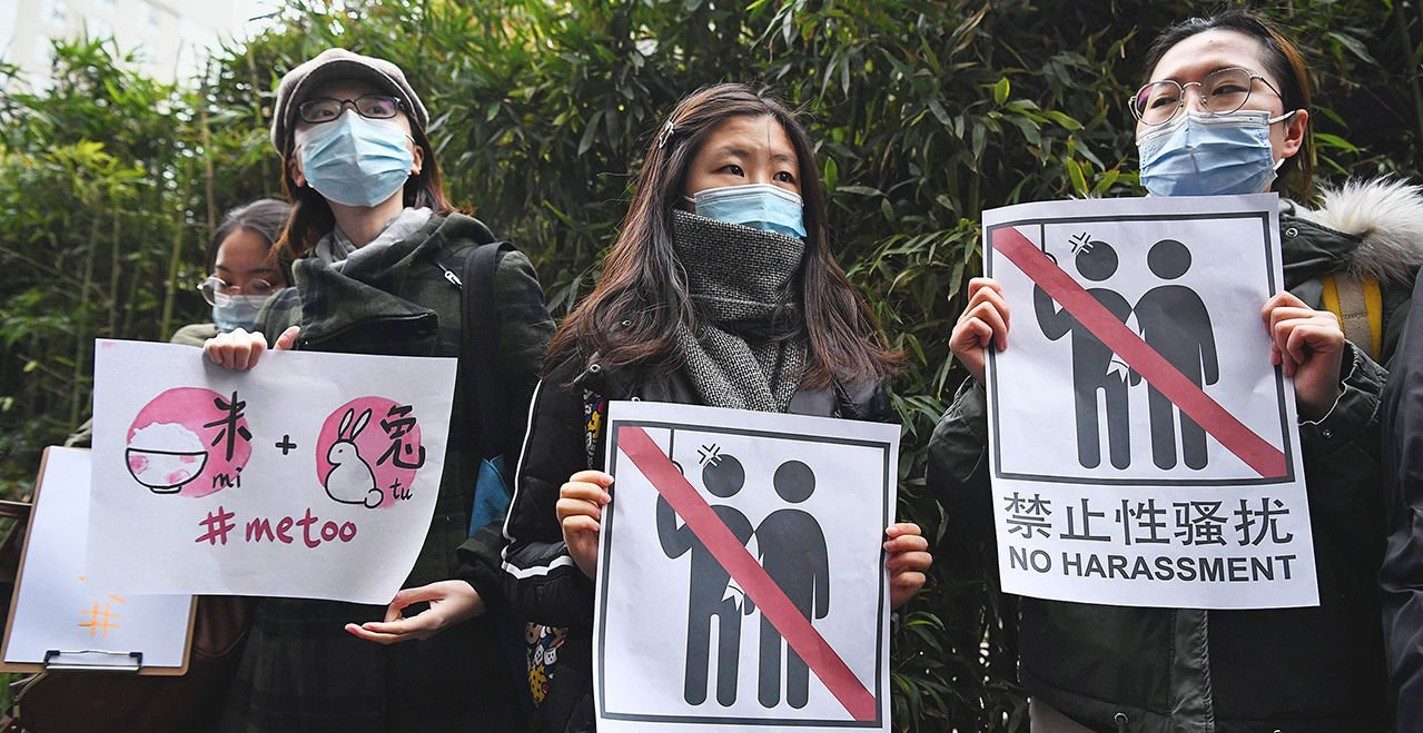
A Feminist Awakening in China
2:40 A.M., June 10, 2022, Tangshan city in northeastern China –– A man entered a barbecue restaurant and approached a table of three women. He put his hand on the back of one, who rejected his advance. In response, the…
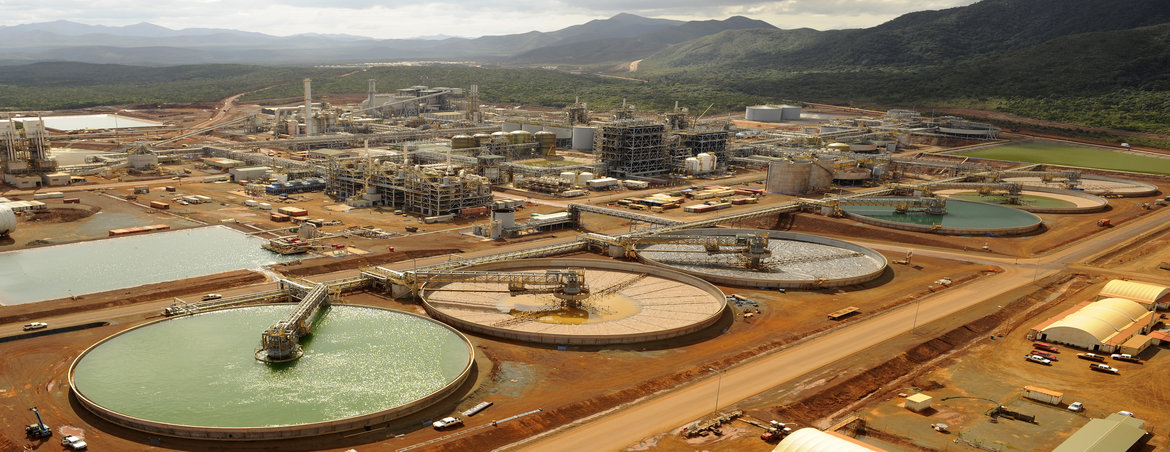
Colonialism in a Green Dress: Tesla and the Kanaky Independence Movement
Kanaky, the indigenous home of the Kanak people, known as the French territory of New Caledonia, is gorgeous; it is home to a rare level of endemic biodiversity and boasts the longest continuous barrier reef in the world. Its lagoons…
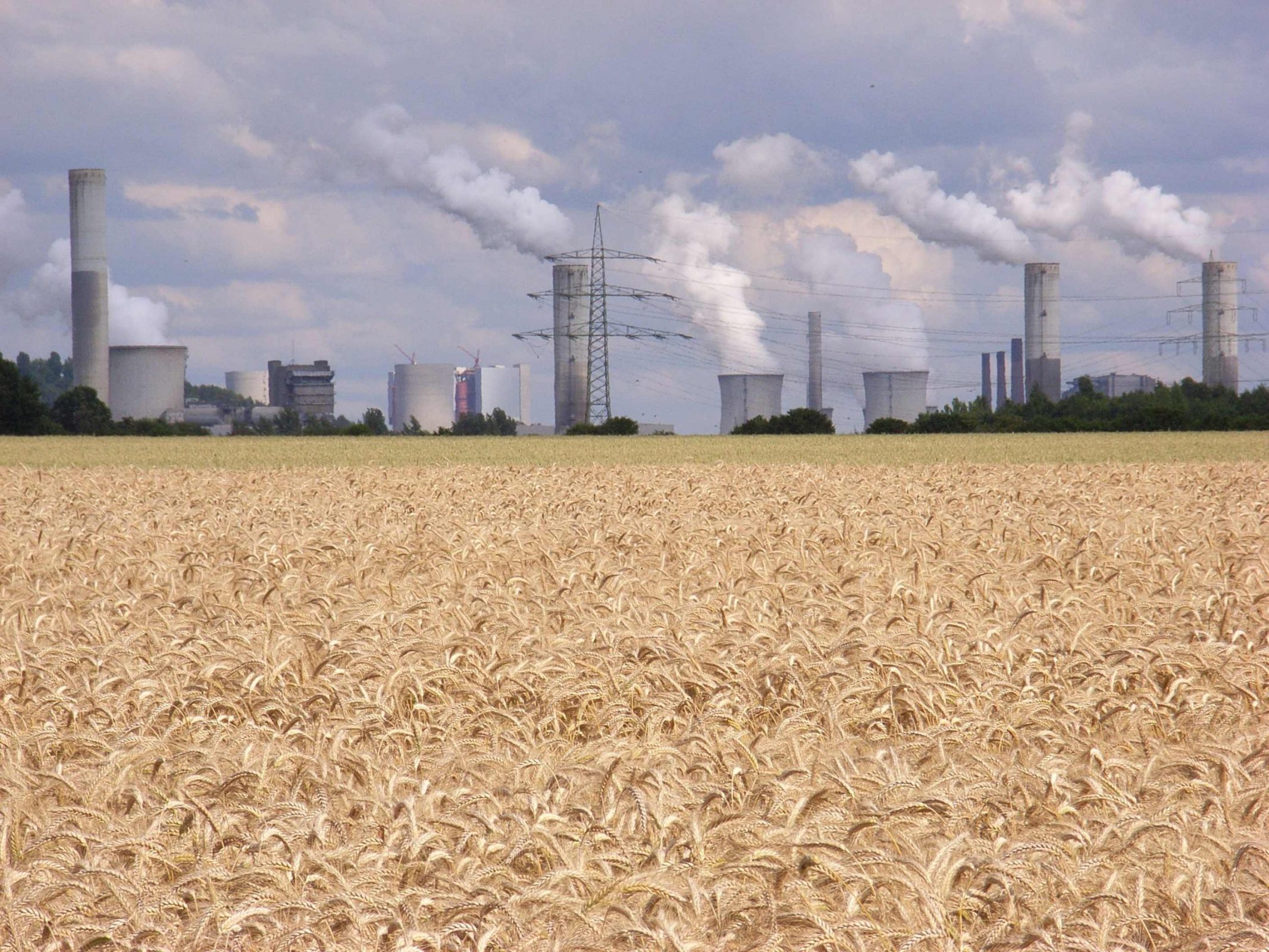
South Korea’s Dirty Biomass Problem
South Korea, the world’s seventh greatest producer of greenhouse gas, is botching its transition to clean power due to the exploitation of an outdated United Nations (UN) energy classification loophole. The loophole in question is Biomass — a fuel that…

Snowdrop: A Korean TV Show and the Distortion of History
1980s, South Korea –– Bak Jong-cheol, a student leader at Seoul National University, was one of many young activists struggling against the South Korean military dictatorship. Later, when Bak was interrogated for his involvement with pro-democracy movements, he refused to…
